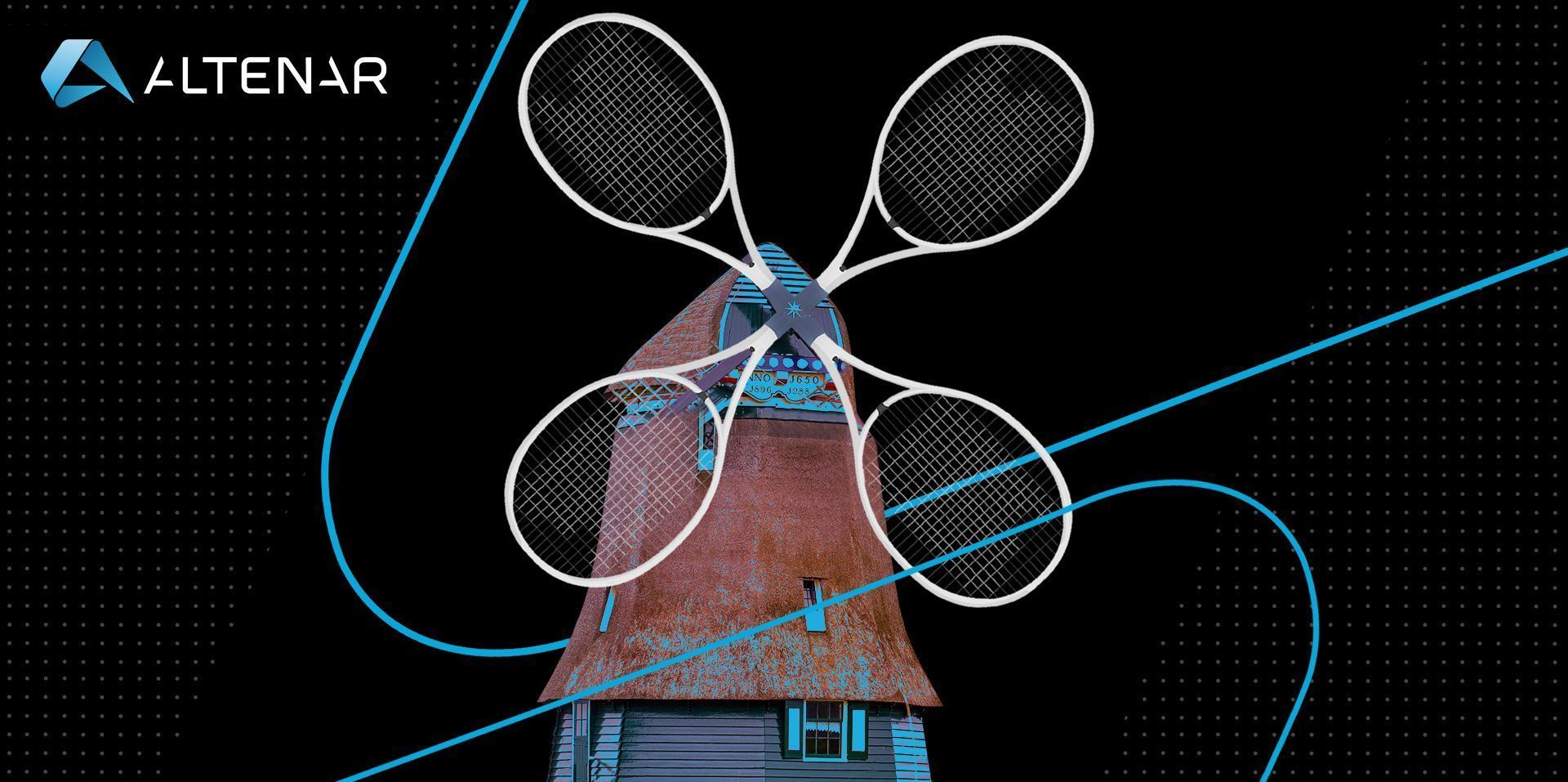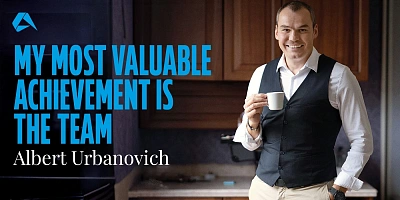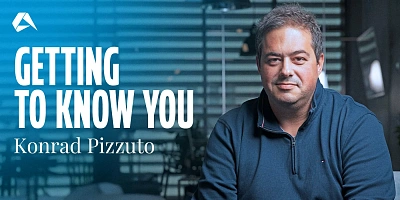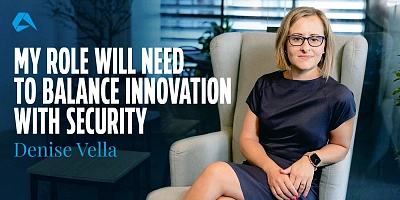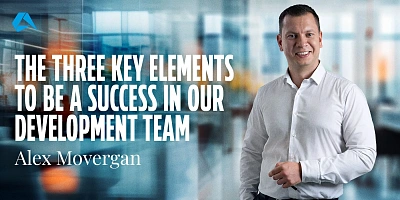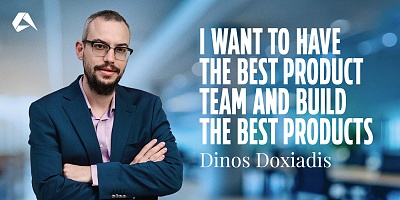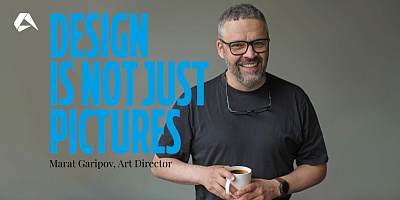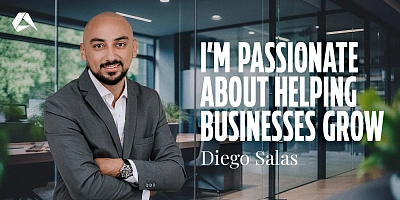Congratulations on going live in the Netherlands! What kind of impact are you expecting to make in this exciting market?
The Netherlands is a wealthy country, and Dutch consumers tend to have strong spending power. For that reason, I believe that as the market matures into a fully regulated environment, the increased level of trust will encourage more Dutch citizens to give betting a try.
I also believe the Netherlands will become a fascinating case study in consumer behavior and may serve as a key indicator of what’s to come in nearby Germany. I think successful regulation in the Dutch market could translate into progress for German regulation—which, in many ways, is still developing. The logic behind this is that both countries share similar demographic and economic player profiles.
How challenging was it to meet regulatory requirements for the Netherlands, and how is that effort expected to pay off?
Securing technical certification was not difficult. This is largely due to our extensive experience obtaining certification across more than 10 major global markets where we already operate.
However, the Netherlands has a specific requirement: Altenar must demonstrate meaningful action against sports corruption. This is a core component of the licensing process—and one that we fully support. Of course, we actively fight against match-fixing and corruption, but proving those efforts can be a challenge.
To strengthen our case, we’ve joined several key anti-corruption initiatives, including those led by the Malta Gaming Authority (MGA), the International Betting Integrity Association (IBIA), where we’ll soon become a full member, and Sportradar’s anti-corruption program. These commitments demonstrate that Altenar is actively contributing to integrity-focused efforts, further proving our credentials as an ethical supplier.
Which Altenar products are expected to resonate most with players in this market?
Based on our research and insight into the market, we believe mainstream European football will perform very well—whether that’s the local Eredivisie, Bundesliga, La Liga, or the Premier League. We’re also confident that tennis will be a strong performer, offering a well-rounded demographic spread. In principle, we expect these two sports to be the main revenue drivers in the market, and we’re excited to see how they perform in the Netherlands.
Which Dutch demographics will these products appeal to?
The market currently leans male, but we’re hoping for a more balanced audience over time. The key is for people to view gambling as entertainment—not as a way to make money. Once it’s seen as a form of fun, we can reach a more mainstream audience. Ideally, we want consumers to enjoy gambling as a recreational activity, where any financial wins are just an added bonus to the overall excitement of sports. If profit becomes the sole motivation, it limits the potential user base considerably.
Looking ahead to the next 12 months, how does certification in the Netherlands factor into Altenar’s broader growth roadmap?
We’ve secured the certification—now the goal is to maintain it. The stage is set, and now the real work begins: building a loyal customer base and making a lasting impact in this market. I’m incredibly proud of our team for all the hard work that got us here, and I’m confident we’ll continue proving to future operator partners why Altenar is becoming one of the world’s top sportsbooks.
